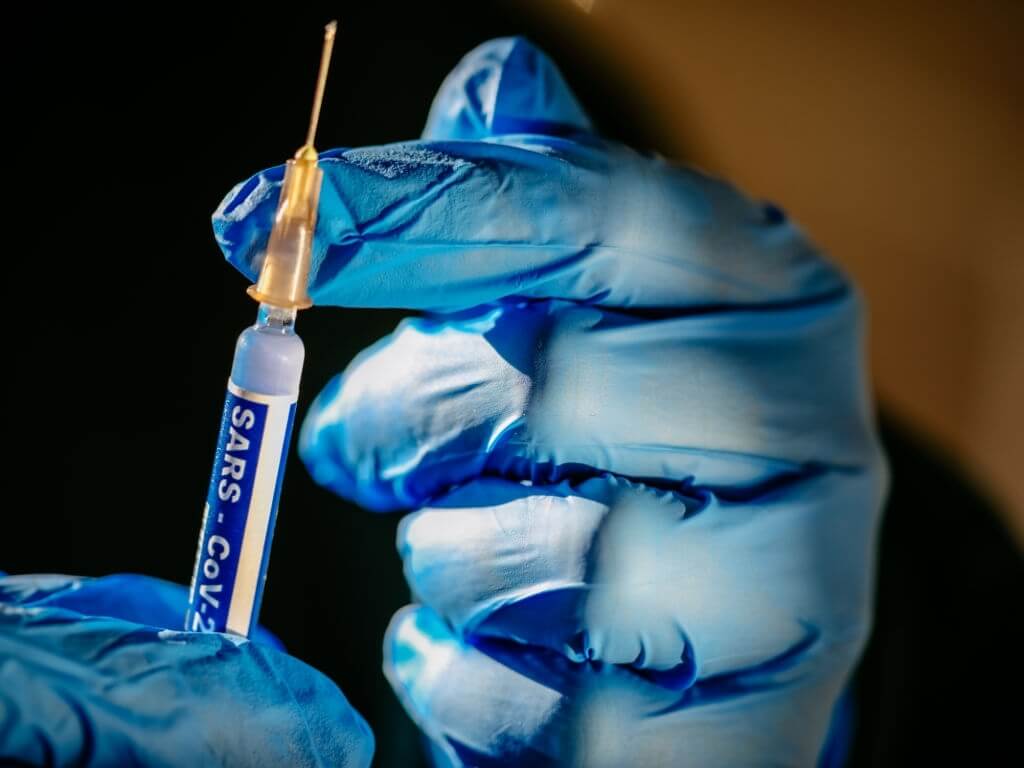Initially, the Chinese government called this new virus novel coronavirus pneumonia (NCP) for its manifestation in the lower respiratory tract. The World Health Organization has since recommended the name COVID-19 for the disease. Moreover, by the International Committee on Taxonomy of Viruses, 2019-Nov has been renamed SARS-CoV-2.
At least 37 countries have been affected, including at least 80,000 confirmed cases and 2,700 deaths as of February 24, 2020. A global health emergency has been declared by the WHO by the end of January 2020.
Immunity To SARS-CoV-2 Is Lost Time In People Who Are Fully Vaccinated
The study has shown some astonishing facts to the world as most people believed that vaccines can offer better health conditions and protection against viral infection.
The immunity offered by the vaccine does not stay for long and hence in a short span, there may be chances of viral infection to an individual even if one has gone for a vaccine with great efficacy in different studies.

It is believed that the Huanan wholesale seafood market might have been one of the places where SARS-CoV-2 from unknown animal sources might have crossed the species barrier to infect humans at the epicenter of this outbreak in Wuhan, Hubei Province, central China.
It has become a public health emergency worldwide since the Coronavirus disease 2019 (COVID-19), an infection caused by the SARS-CoV-2 Virus, spread rapidly. In the family Coronaviridae of the order Nidovirales, SARS-CoV-2 and SARS-CoV both belong to the subfamily Coronavirinae and are classified as species that are closely related to SARS, while being located in different clusters. As well as viral structure, epidemiological aspects and pathological features differ.
From studying its origin and evolution alongside SARS-CoV, we have compiled a comprehensive overview of the latest coronavirus. In addition, the effects of SARS-CoV-2 on the cardiovascular system, myocardial injury, and venous thromboembolism are discussed in this review.
A study published in the New England Journal of Medicine, published online Oct. 27, found diminished immunity against the SARS-CoV-2 delta variant after receiving the second dose of the BNT162b2 vaccine.
Goldberg, Ph.D., and colleagues at Technion-Israel Institute of Technology in Haifa reviewed data from several national databases about confirmed infections and severe diseases among Israelis who received two doses of the BNT162b2 vaccine before June 2021.
It was found that the rate of infection during the time period of full immunization was higher in those who were fully vaccinated in January 2021 (when they became eligible) than in March 2021 (rate ratio, 1.5; 95 percent confidence interval [CI], 1.2 to 2.0). In those aged 40 to 59 years, the corresponding rate ratio was 1.7 (95 percent CI, 1.5 to 2.1) among full vaccinations in February (earlier than eligible) compared with April 2021.
When comparing those who were fully vaccinated in March (when they first became eligible) to May 2021, the rate ratio was 1.5 (95 percent CI, 1.2 to 2.0). Based on small numbers, the rate ratio could not be calculated for those aged 17 to 38 years because it was too low for the rate ratio to be determined.
Especially when it comes to vaccination strategies, it is crucial to understand the extent of waning immunity. More than 2.9 million people worldwide have died from SARS-CoV-2, with 137 million confirmed cases by laboratory tests. As a result, the search for a therapeutic treatment to prevent the emergence of severe forms of Coronavirus Disease (COVID-19) is ongoing.
In addition, therapies that may inhibit SARS-CoV-2 from binding to human cell receptors, prevent viral RNA replication and synthesis, restore the host’s innate immunity, and modulate the host’s specific receptors or enzymes are being investigated.